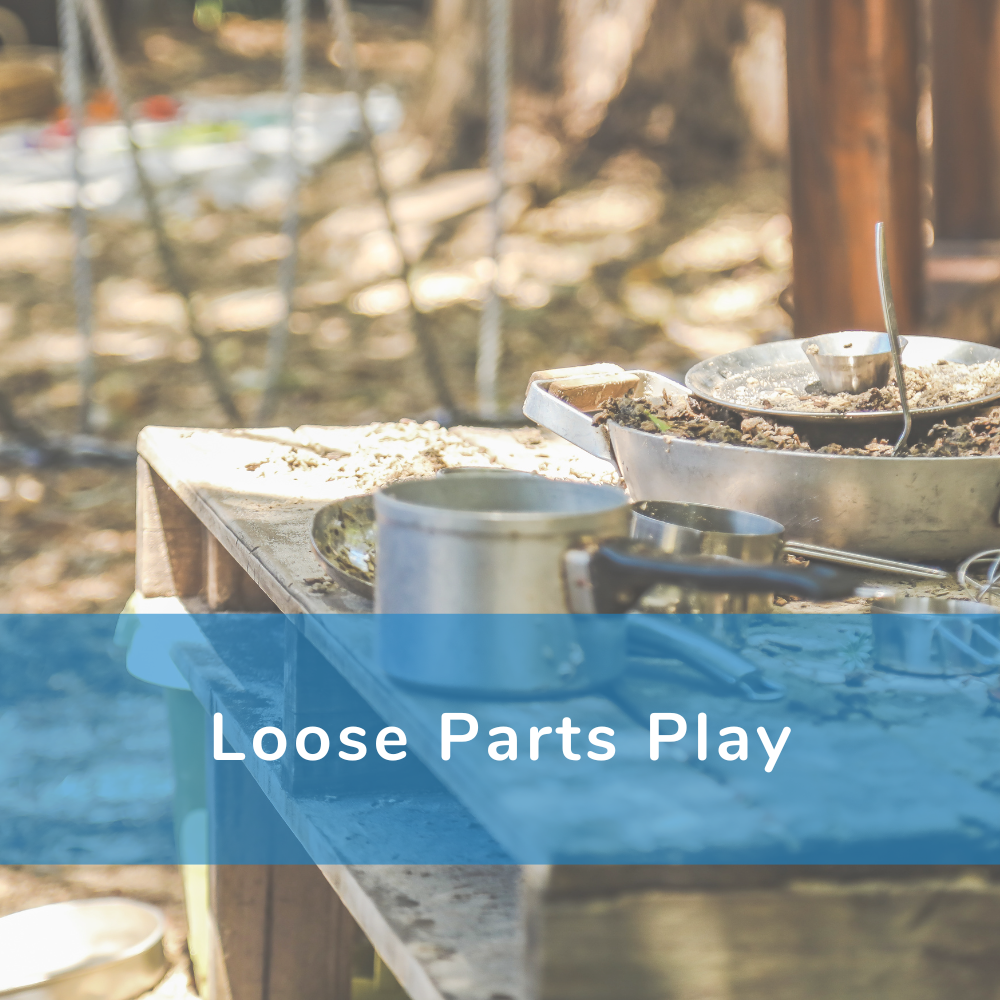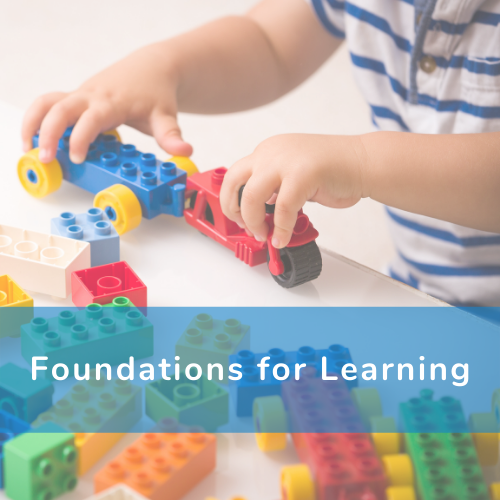Loose Parts play by its very nature is open-ended play. It’s taking everyday objects and embedding them into children’s play environments. The theory of Loose Parts play originates from British artist and architect Simon Nicholson who defines loose parts as ‘variables’, and their different types and amounts can be used to encourage and support exploration and curiosity.
This two-hour professional development workshop is designed to build educators knowledge on the benefits of this theory to find inspiration in the concept and application of “loose parts” in children’s play. Educators will be motivated to incorporate loose parts into the design and application of fun and engaging play environments to foster exploration and curiosity in children.
NQS QA: 1, 2, 3, 5 & 6.
EYLF Learning Outcomes: 1, 2, 3, 4 & 5. Practices: Responsiveness to children, Play-based learning and intentionality, Learning environments. Principles: Equity, inclusion and high expectations, Sustainability.
MTOP Learning Outcomes: 1, 2, 3, 4 & 5. Practices: Collaboration with children and young people, Play, leisure and intentionality, Environments. Principles: Equity, inclusion and high expectations, Sustainability.




